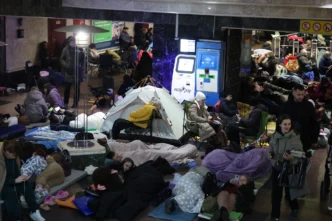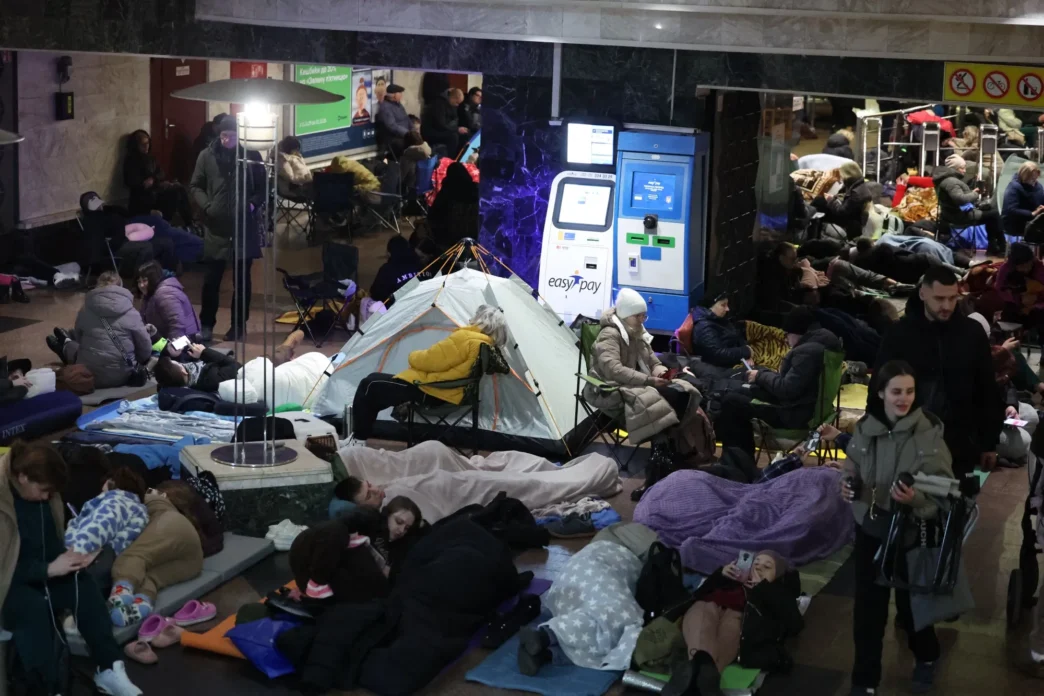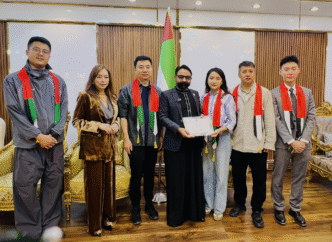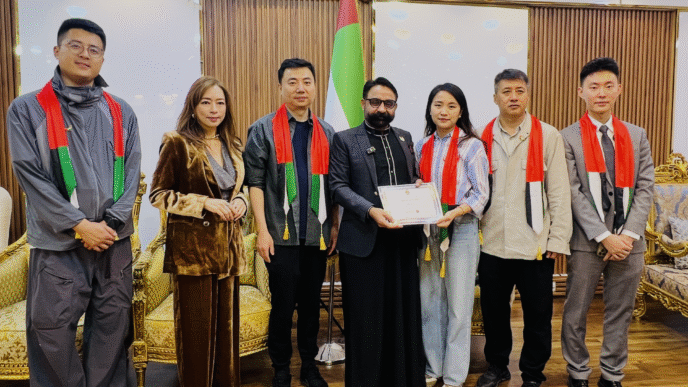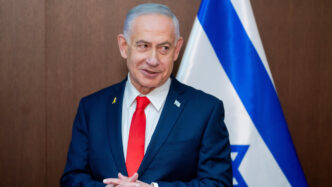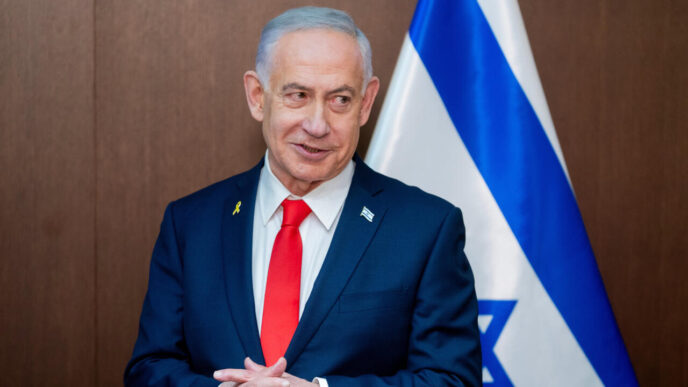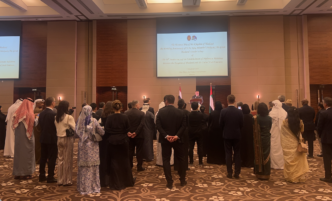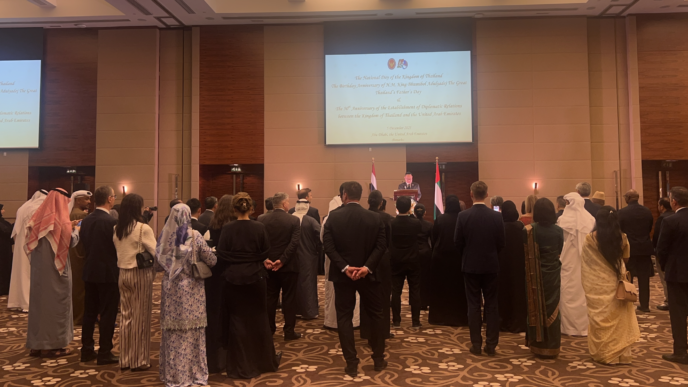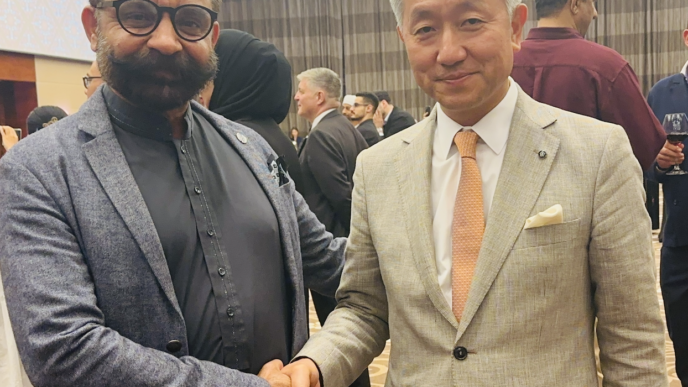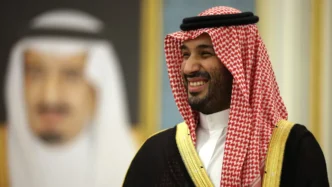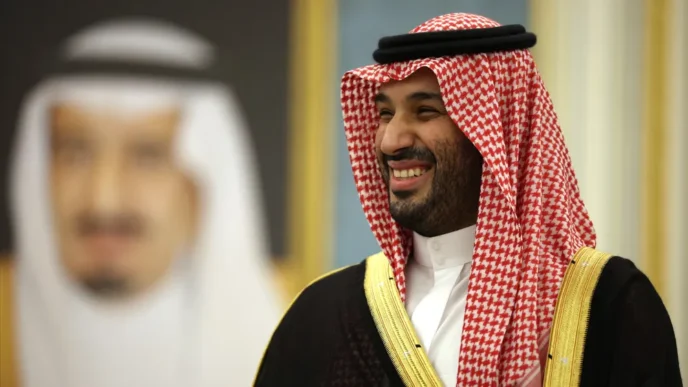As the war in Ukraine grinds deeper into its third year and front-line exchanges intensify, senior officials from the United States and Russia have reportedly met in the United Arab Emirates for discreet diplomatic discussions — a rare moment of direct engagement between the two superpowers at a time of escalating battlefield pressure and hardening political rhetoric.
While neither Washington nor Moscow publicly confirmed the full details of the encounter, multiple diplomatic sources have acknowledged that the UAE — one of the few nations still maintaining open channels with both sides — facilitated the meeting as part of a broader effort to prevent further escalation and explore future de-escalation pathways.
The talks occurred as Russian and Ukrainian forces launched renewed attacks across multiple sectors of the front, underscoring the widening gap between diplomatic overtures and the grim reality on the ground.
A Rare Moment of Dialogue Amid Deep Tension
Direct engagement between U.S. and Russian officials has become increasingly scarce since Moscow’s full-scale invasion of Ukraine in February 2022. Channels once used for crisis management, arms control, and nuclear risk mitigation have eroded or collapsed entirely.
The UAE meeting therefore represents a significant — if tentative — return to strategic communication.
What U.S. officials reportedly focused on:
- Preventing escalation involving NATO
- Nuclear safety and risks around Ukrainian energy facilities
- Humanitarian concerns, including prisoner exchanges
- Stability in global food and energy markets
What Russia emphasized:
- Sanctions relief
- Recognition of its territorial claims
- Restrictions on Western arms shipments to Ukraine
- A demand that the U.S. “acknowledge new realities on the ground”
While neither side is approaching a breakthrough, the fact that talks occurred at all is seen as an important signal for global security stakeholders.
Why the UAE Is Emerging as a Crucial Mediator
The United Arab Emirates has maintained diplomatic relations with both Moscow and Washington while positioning itself as a neutral facilitator in global conflict discussions.
Key reasons for the UAE’s growing mediation role:
1. Trusted by both sides
The UAE hosts Russian business networks while also cooperating closely with U.S. security and economic institutions.
2. Neutral diplomatic terrain
Unlike European capitals deeply aligned with Kyiv, the UAE offers a politically neutral environment for sensitive talks.
3. Strategic ambition
The UAE seeks to strengthen its role as a global mediation and humanitarian diplomacy hub.
4. Economic leverage
Strong energy and trade ties with Russia and the U.S. provide added channels of influence.
Diplomacy in the Shadows, War on the Front Lines
The timing of the talks coincides with increased military activity across the Ukrainian front.
In the east:
Russia has intensified assaults near Chasiv Yar and Avdiivka, attempting to widen territorial control after months of incremental gains.
In the south:
Ukrainian forces continue targeted strikes on Russian logistics hubs, drone facilities, and ammunition depots in Crimea.
Along the northern border:
Ukraine has reported renewed pressure and troop movements near the Kharkiv region, raising concerns about another Russian push.
The battlefield stalemate has created heightened interest among international actors to revive diplomatic channels — not for immediate peace, but to prevent the conflict from metastasizing further.
Washington’s Strategy: Keep Talking, Avoid Concessions
U.S. officials signaled that the UAE talks were:
- Not negotiations on Ukraine’s behalf
- Not a shift in Washington’s stance
- Not a concession to Russian demands
Instead, American diplomats view direct dialogue as essential for:
- Managing nuclear and energy security risks
- Preventing misunderstandings between nuclear powers
- Maintaining humanitarian coordination
- Preserving at least one functioning diplomatic channel with Moscow
The U.S. position remains that Ukraine must define the terms of any future peace process.
Moscow’s Strategy: Pressure Kyiv, Divide Allies
For Russia, the talks serve dual objectives:
1. Project international legitimacy
Engaging with the U.S. signals to its citizens and to global partners that Russia remains a central diplomatic power despite sanctions.
2. Increase leverage on the battlefield
Moscow hopes military pressure can shape any future negotiation framework.
Russia has repeatedly stated it is open to dialogue — but only under terms that Ukraine and its Western partners consider unacceptable.
Is This the Start of a New Negotiation Track?
At this stage, the UAE meeting should be viewed as exploratory diplomacy, not peace negotiation.
Key obstacles remain:
- Ukraine’s refusal to cede territory
- Russia’s insistence on recognition of its territorial claims
- U.S. distrust of Russian intentions
- A polarized political climate on both sides
- Ongoing battlefield escalation
Still, many analysts argue that quiet diplomacy must restart before any future peace process can take shape — and small, discreet meetings in neutral countries are the first step.
Global Stakes: The War That Reverberates Everywhere
The Ukraine conflict continues to reshape:
- Global food supply chains
- Energy markets
- Defense spending across NATO
- European political dynamics
- Relations between the West and China
- Nuclear security considerations
Any sign of renewed diplomatic engagement — however limited — is closely watched by capitals worldwide.
Conclusion: A Fragile Opening in a Hardening War
The quiet talks in the United Arab Emirates highlight a reality the world cannot ignore:
Even as Moscow and Kyiv exchange fire on the battlefield, diplomatic channels must remain open to prevent a broader crisis.
For now, the U.S. and Russia are far from agreement.
But the UAE meeting signals that neither side is willing to abandon communication entirely — and in a conflict with global stakes, even small diplomatic openings can become significant turning points.


